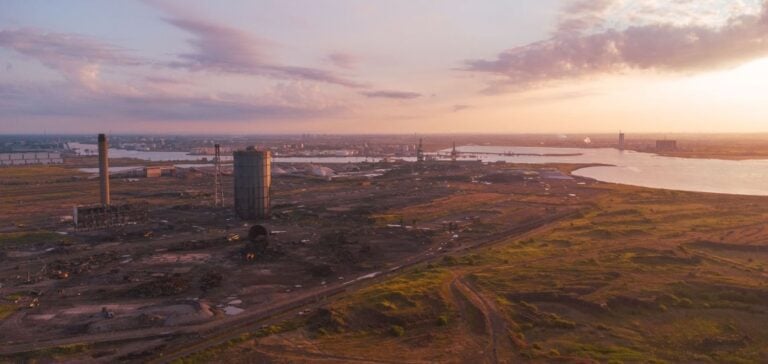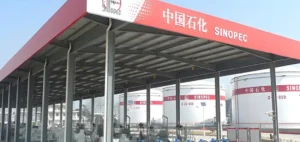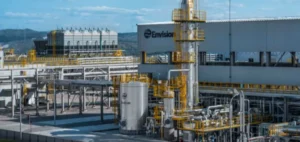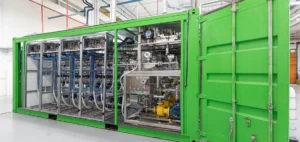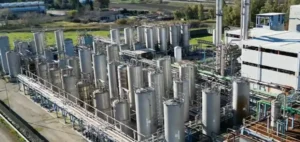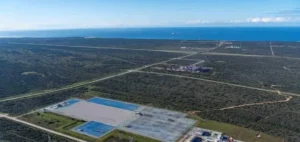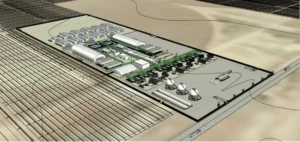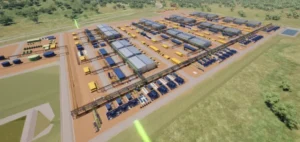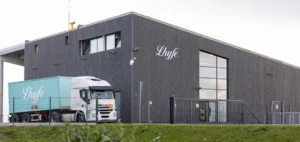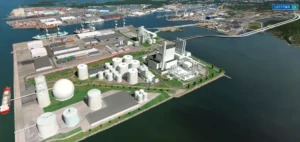BP and the UK’s Department for Energy Security and Net Zero (DESNZ) are close to reaching an agreement to finance the H2Teesside project.
The 1.2 GW plant, designed to produce blue hydrogen, is based on the use of natural gas, combined with carbon capture and storage technologies.
The project is part of the government’s Carbon Capture and Storage Cluster (CCUS) program, aimed at reducing industrial emissions in the Teesside region, a strategic industrial hub.
Technical partnerships and research progress
BP has signed contracts with Costain and Technip Energies to carry out FEED studies for the project, with a target date of 2025.
Costain will focus on the design of the hydrogen distribution infrastructure, while Technip Energies will take charge of the hydrogen production and carbon capture facilities.
The cost of producing blue hydrogen by autotermic reforming, including capital expenditure and carbon capture, is currently estimated at 2.38 GBP/kg by S&P Global Commodity Insights.
Funding challenges and decision timetable
Final investment decisions and funding allocations for successful CCUS Track 1 projects are expected in September, although delays are possible due to recent political changes in the UK.
The planning approval process for H2Teesside is underway, with a decision expected by 2025.
Other projects, such as EET Hydrogen’s 350 MW plant at Stanlow, have already received approval and expect an investment decision in 2024.
Equinor’s Saltend H2H project, on the other hand, has been postponed to 2027 after not being selected for Track 1.
Economic stakes for the region
The development of the H2Teesside project is expected to have a significant economic impact on the Teesside region, with the creation of numerous direct and indirect jobs.
The project is part of the UK’s wider strategy to maintain its industrial competitiveness while meeting its commitments to reduce carbon emissions.
The collaboration with partners such as Costain and Technip Energies strengthens the technical foundation of the project, which is essential to ensure the economic and industrial viability of large-scale blue hydrogen production.

